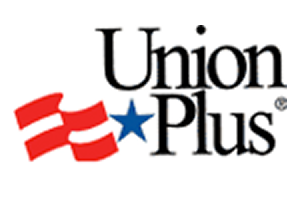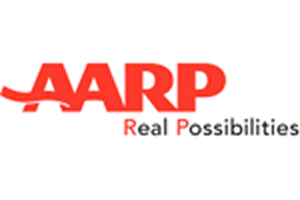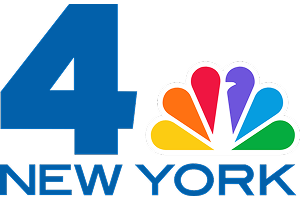800.696.9529
Long Island Chapter 7 Bankruptcy
If you are struggling with debt and are unable to pay your bills on time, there are ways to reduce your debt or to make your payments more manageable. For example, you could take out a debt consolidation loan, negotiate a debt settlement with each of your creditors, or file for bankruptcy. There are two types of bankruptcy that individuals can file: chapter 7 bankruptcy and chapter 13 bankruptcy. Chapter 7 bankruptcy will allow you to get rid of most of their debts and may involve you liquidating some of your property in the process. It is sometimes referred to as “fresh start” bankruptcy. On the other hand a chapter 13 bankruptcy filing would require you to put together a repayment plan and pay off all or most of their debts in 3-5 years. If you are dealing with overwhelming debt and are considering filing for bankruptcy, it is important to immediately contact an experienced Long Island Chapter 7 Bankruptcy Lawyer who understands the complexities of chapter 7 and chapter 13 bankruptcy laws and who will help you determine the best option for managing your debt.
Can anyone file for chapter 7 bankruptcy?
Under the chapter 7 bankruptcy laws there are strict eligibility requirements. This means that not everyone who has financial problems and wants a “fresh start” will be permitted to file for chapter 7 bankruptcy. One requirement is that your income cannot be too high. Your income must be equal to or below the median income for New York. If your income is above New York’s median income standard for that year, you may still be permitted to file for chapter 7 bankruptcy if you are eligible based on the “means test.” The means test is used to determine if you will be able to pay back a portion of your debt through a chapter 13 bankruptcy filing. If you have a certain amount of income leftover every month after paying creditors, you will fail the means test and will not be able to file chapter 7 bankruptcy.
What is pre-bankruptcy credit counseling?
Before you will be permitted to file for either chapter 7 or chapter 13 bankruptcy, the law requires that you attend credit counseling. The purpose of the pre-bankruptcy credit counseling is to make sure that you understand all options for dealing with your debt, and also to ensure that after you go through the bankruptcy process you remain on sound financial footing.
The pre-bankruptcy credit counseling must occur within 6 months prior to filing. The counseling session must be with a credit counseling organization approved by the U.S. Trustee Program. The session will include an evaluation of your personal financial situation, a discussion of alternatives to bankruptcy, and a personal budget plan.
What types of debts are dischargeable?
When filing for chapter 7 bankruptcy you may think that all of your debt will be eliminated, that may not be the case. It depends on what type of debt you have. You will likely be able to discharge the majority of your debt, including credit card debt, revolving charge accounts, medical bills, and personal loans.
Examples of debts which are not dischargeable include child support or spousal support, student loans, homeowners association fees, debts not listed on the bankruptcy petition and certain taxes.
Will the bankruptcy court take all of my property?
The bankruptcy trustee will review your property to determine if any of it is “nonexempt.” Exempt property is property that a bankruptcy trustee cannot seize and use to satisfy you debts. For example, under New York Civil Practice Law and Rules section 5206 exempt property includes your house, condominium, co-op, or mobile home that you use as your residence up to a maximum value based on the county in which the property is located. On the other hand, nonexempt property such as a vacation home can be seized.
If you are having a hard time keeping up with payments to your creditors, chapter 7 bankruptcy may be the best option for you. However, there are other debt relief options such as debt consolidation and debt settlement. The staff at Stephen Bilkis & Associates, PLLC has extensive experience helping clients eliminate secured and unsecured debt, responding to creditors’ claims, filing for chapter 7 and chapter 13 bankruptcy, avoiding foreclosure and dealing with out issues related to debt relief. Contact us at 800.696.9529 to schedule a free, no obligation consultation regarding your debt issues.












